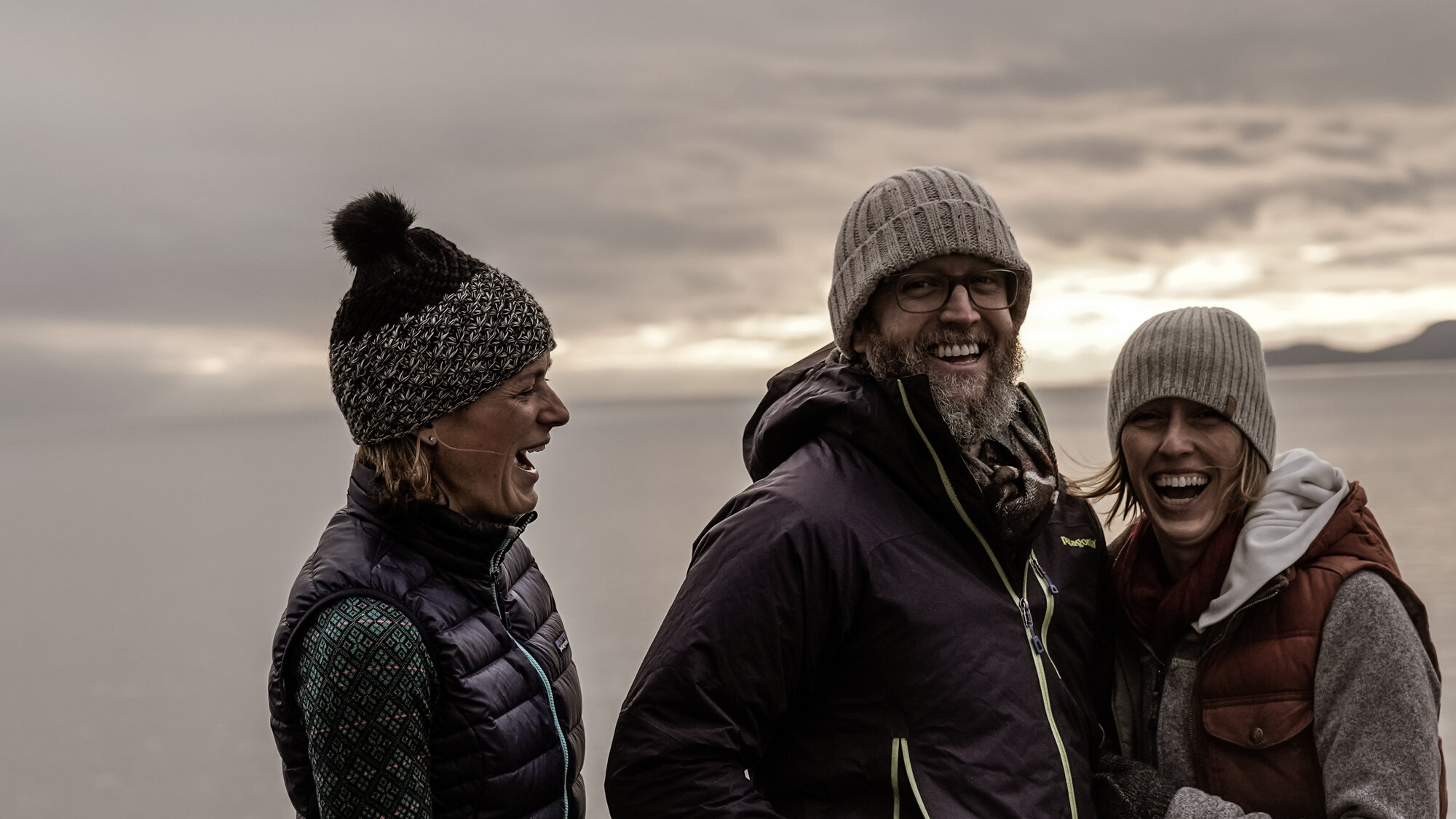Another year, another lesson. I started this annual reflection at the age of 31. I add one new lesson each year.
1. It’s your life. No two people are the same. Embrace the gifts, challenges, and opportunities given to you.
2. Nothing is ever as good or bad as it seems. The bottom is not that low and the top is not that high.
3. Family matters. At least to me. Good, bad, and ugly, I know my family loves me and this gives me strength. Find strength in your family.
4. Find your passion. Marketing, fly fishing, learning, photography… Passions make life worth living and people with passions make the world go round.
5. Do what you love. This is generally the easiest thing for you to do. What you think about when you go to bed and what you think about when you get up? Do that.
6. Fill wasted time. Road trip or long commute? Fill your iPhone with audio material you don’t have time to read.
7. Carpe Diem. I’ve heard for years: “you’re young.” Don’t wait for the perfect time, because it will never come.
8. Use your words. The brain is a powerful engine and words drive this motor. What you think and say is what you will become.
9. Stay on your feet. Sitting is bad for you. Run, walk, and stand as much as possible.
10. Make lists. Simple “to do” lists have become my greatest productivity tool. Email, call, errands, projects, media, etc., all have their own weekly “to do” lists.
11. Buy tickets not toys. I have no shortage of toys, but, it’s the trips I remember most, not the “things” I purchased.
12. Nobody is watching you. I’ve always thought people were watching me. What will they think if…? Don’t make decisions based on what other people will think, make decisions for your best interest. (The 18-40-60 Rule)
13. Do your best. Win or lose you did your best, what more can you ask for? You gave your best.
14. You grow in the valleys not in the mountains. Times get tough, that is inevitable. As bad as they may be, these experiences craft our character and build our strength.
15. Continuously learn. Read, listen, watch, write. Never stop learning.
16. Everything is relative. Everything. A 15-inch trout is a great catch, until you land one that is 20.
17. Riches have nothing to do with money. Today (2011), I'm going on a fishing trip with my dad. At moments, it will be impossible to be richer than us.
18. Set Goals. I set about 50 goals a year each divided into six priorities in my life: family, faith, fitness, finances, focus, freelance.
19. Tell someone the goals you set. This will increase accountability and likelihood of achievement.
20. Buy a dog. Health and happiness will follow.
21. Eat right and sleep well. I used to think both were a waste of time and resources; I now realize they are two of the greatest inputs to energy and performance.
22. Be spiritual. Not offensive, wacky, sign-holding spiritual, spirituality that gives you peace and purpose. Spirituality that allows you to embrace your blessings.
23. Live where you want. If fly fishing, running, riding, recreation, craft beer, and community are important to you, live there. If they’re not, live somewhere else.
24. Love. Marriage is my most prized possession.
25. Don’t be a critic. It’s easier to be a critic than correct; respect the man in the arena.
26. Find your happy place. Go there when you need to calm the inner beast.
27. Cheer for something. I always assumed I’d quit caring about sports when I hung up my high school cleats. I now relish the opportunity to cheer for my wife and cheer for the HOGS–Woo Pig Sooie!
28. Keep a few friends. You don’t need a thousand friends, just a few really good ones.
29. You lose 100% of the races you don’t start. If you try, you’ll know. The “what-ifs” will haunt you, so you might as well try.
30. Measure. If you don’t determine metrics and measure, it’s impossible to gauge progress.
31. Have integrity. Without it, what do you really have?
32. Experiment. “All of life is an experiment. The more experiments you make the better." - Ralph Waldo Emerson.
33. Go down the rabbit hole. Follow a passion, thought, idea, feeling, etc. as far as it can possibly take you. Once you've arrived at this point. Keep digging.
34. Focus on Right Now. Vision is great, but I've found my best work gets done when I'm focused on the next task at hand.
35. Meet in person. No other form of communication (message in a bottle, blogging, phone, skype, text, social, etc.) can compare to the experience of meeting in person. This holds true for all relationships, professional and personal.
36. Nobody cares about your story. They only care about their story.
37. Altruism wins.
38. You only control your mind. A bad experience can turn good with a simple change of perception.
39. Take Proper Breaks.
40. We evolve. It’s the year 2020, the COVID-19 pandemic is changing the world forever. Times are tough and times are crazy, but I love watching humankind respond to adversity. The most malleable species to ever walk on earth. Adapt, it’s what we do best.
41. Write. Writing clears and clarifies the mind. A blank page and pencil will do amazing things for your health. Just write.
42. No big days. Small, simple, daily habits produce big results.
43. Everything comes with a cost. We’re good at calculating monetary costs and bad at recognizing dues paid in time, opportunity, and relationships.

























